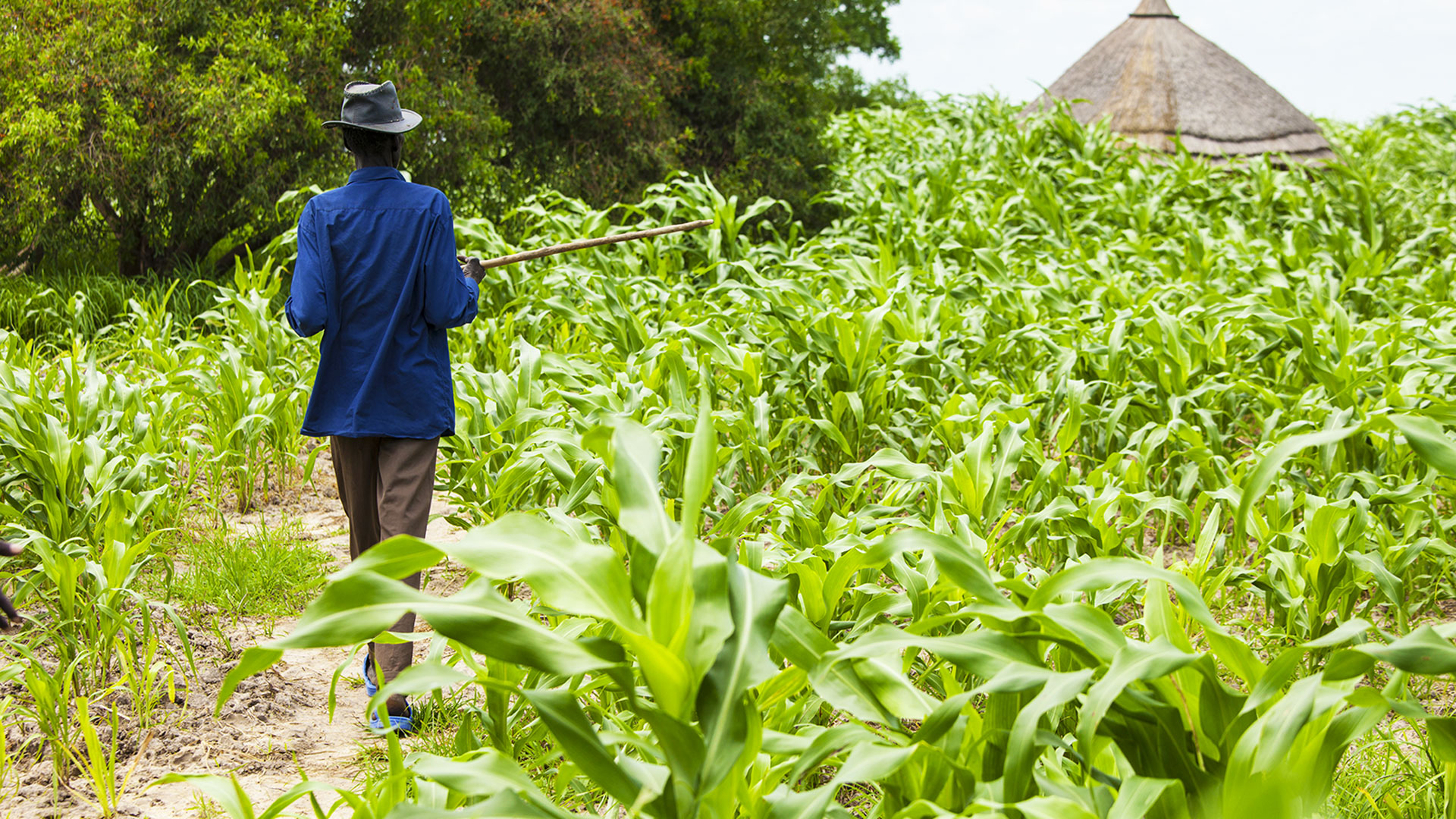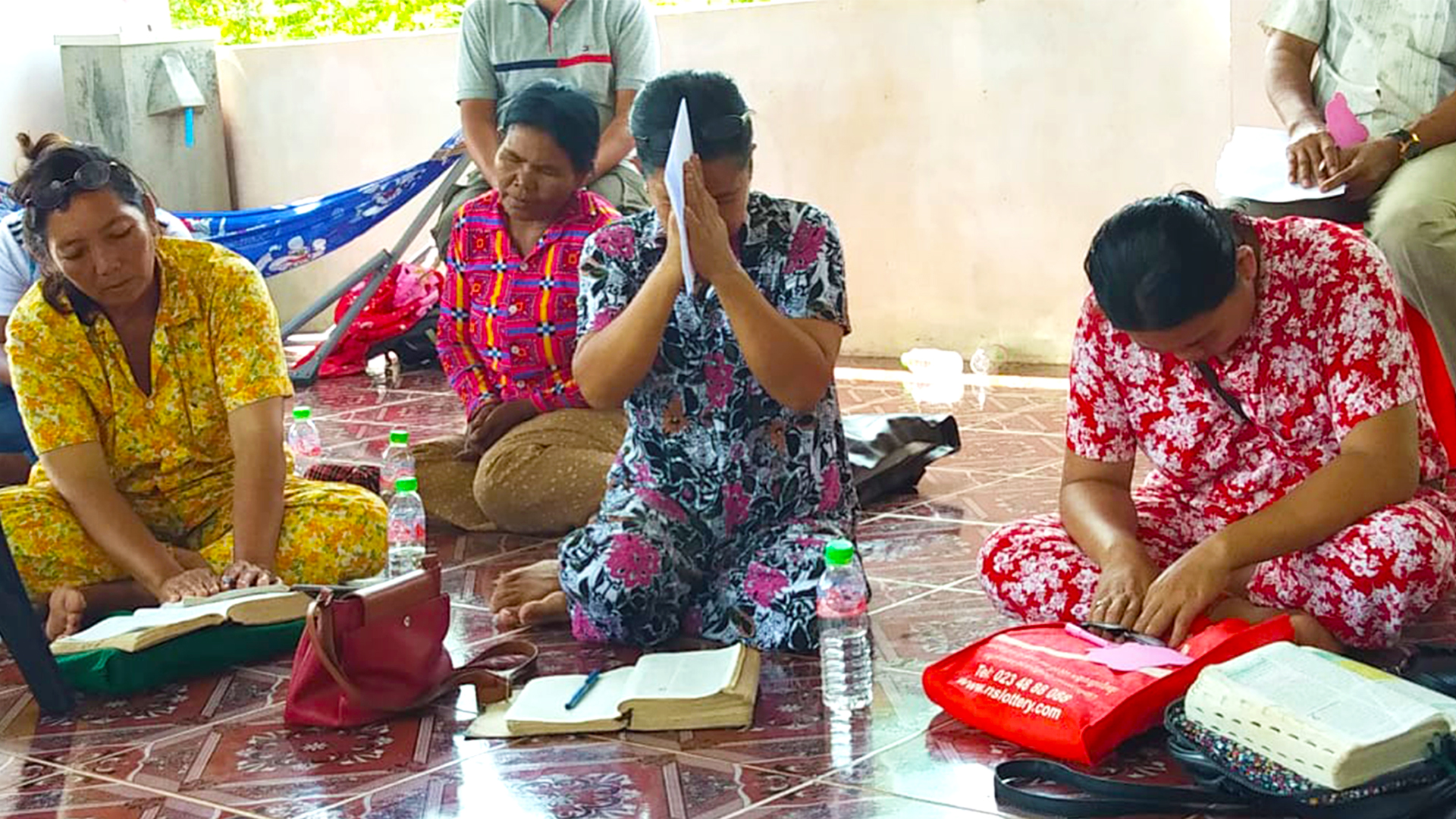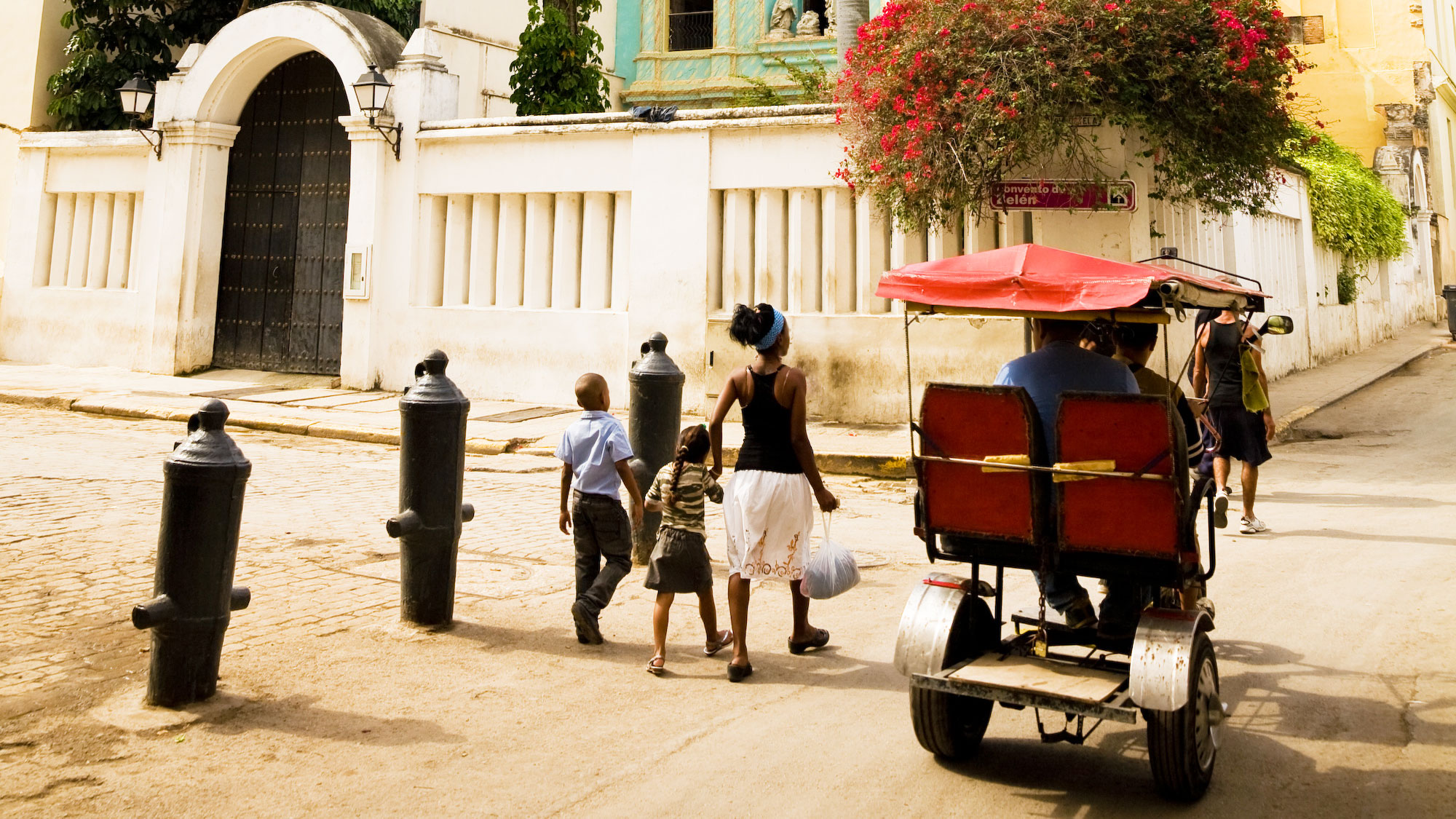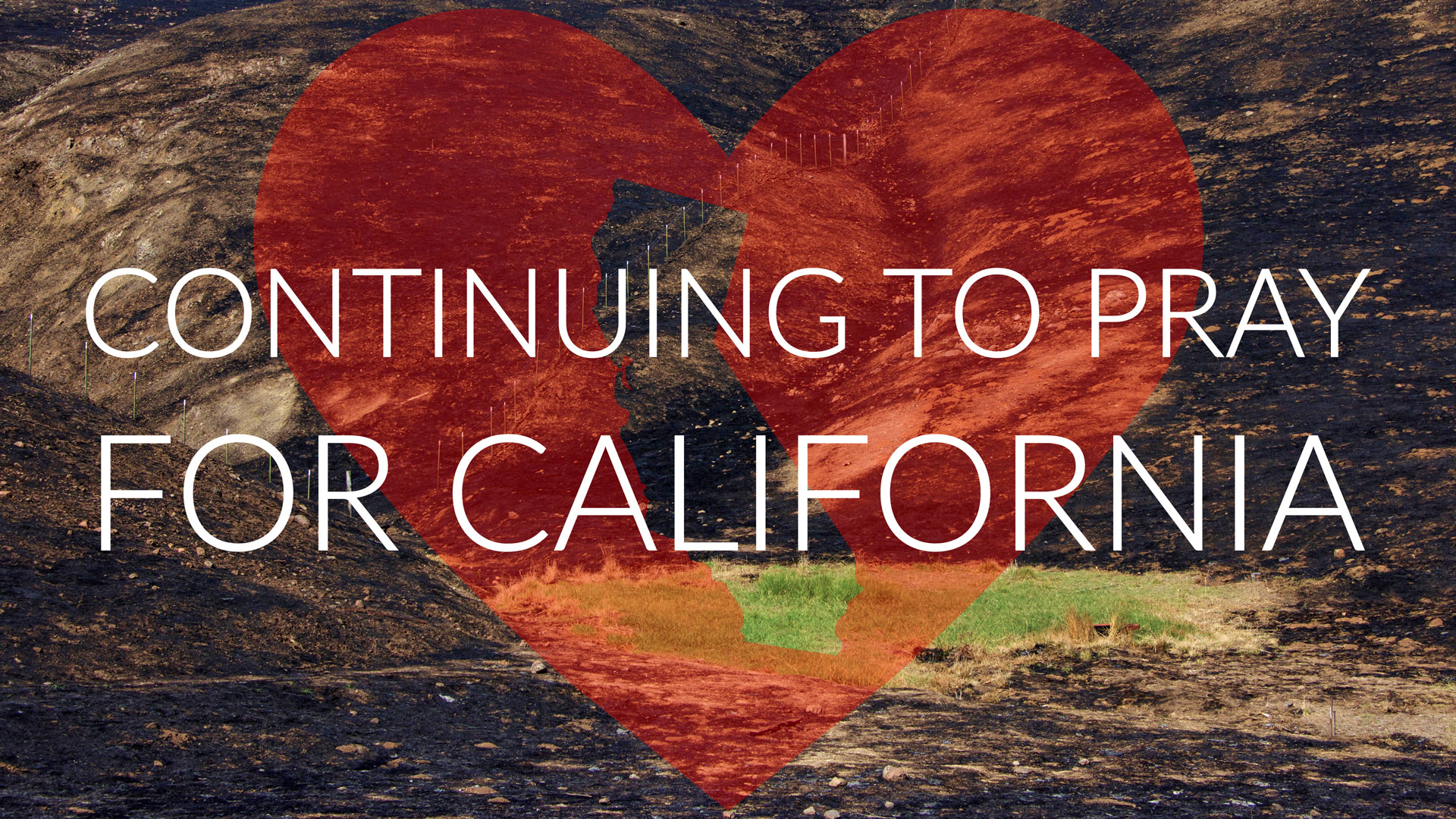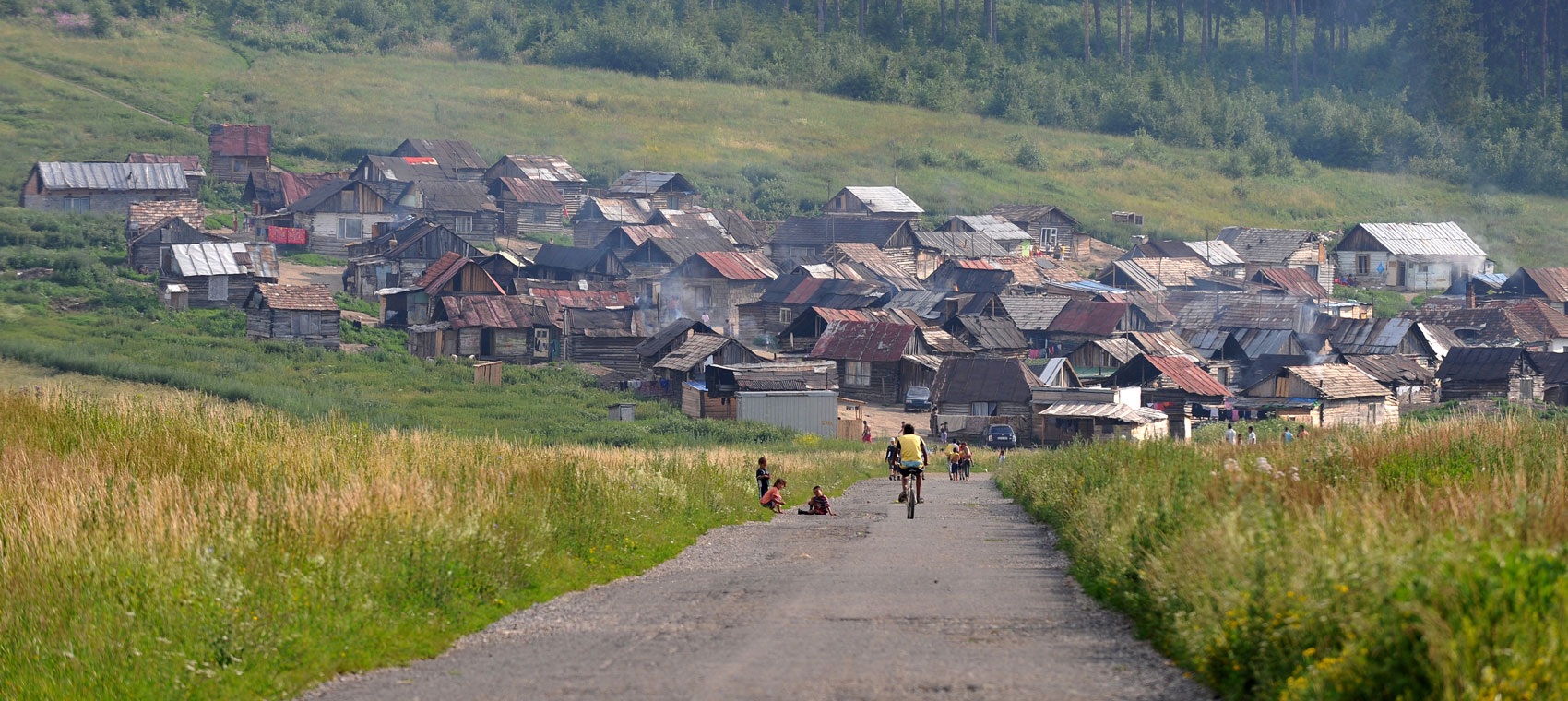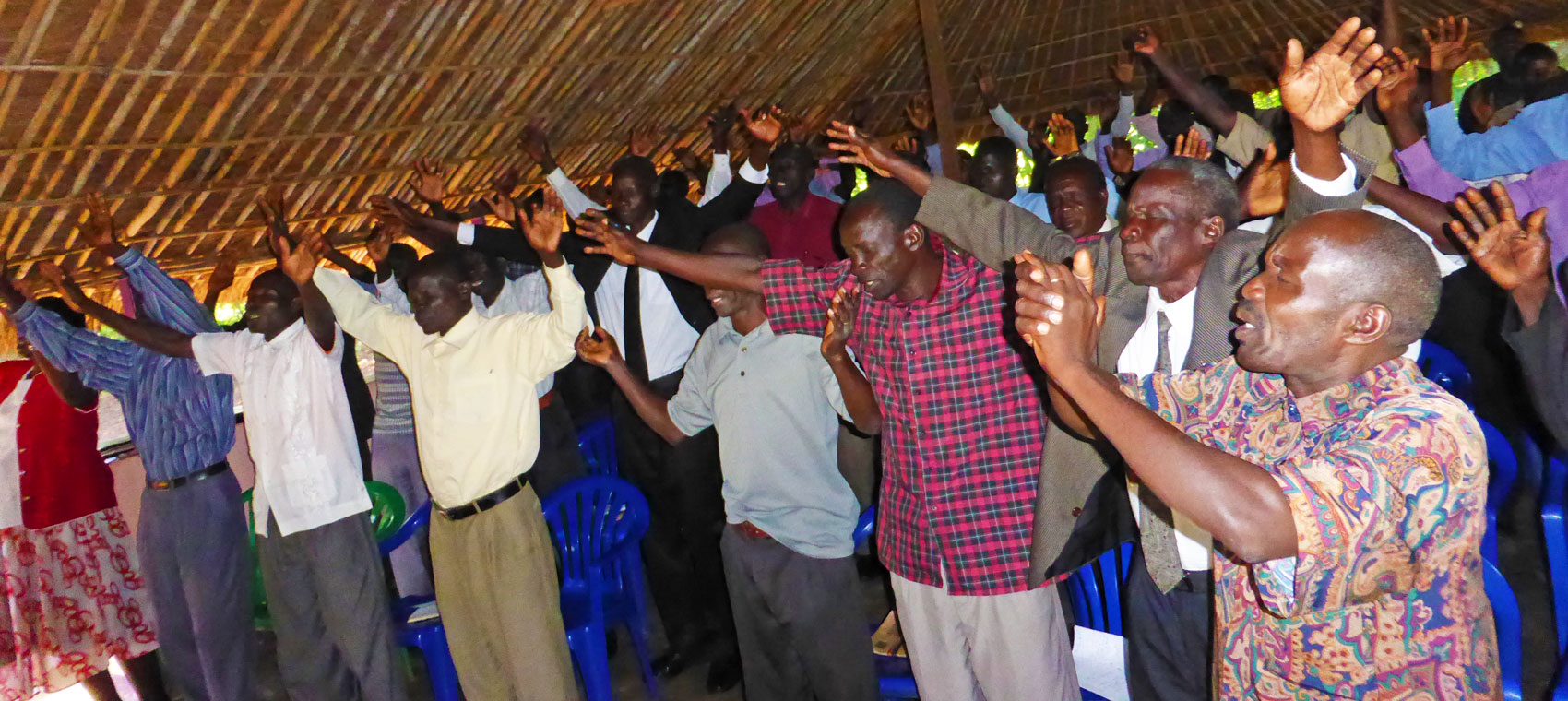
Stories from the Field
The God Who Cares
“Evangelism without social action is irrelevant to human need, and social action without evangelism is flowers without fruit.” —Dr. Gordon Moyes
In a Northern village of Cambodia, not far from the Thai border, the World Challenge poverty solutions team was at work to change people’s perception of the gospel.
In this training, the team emphasized that God’s word offers life-changing solutions to real-life situations and challenges.
Once Sealed. Now a Mission Field!
A once-closed door is open! God has opened it for Christians like you and me, in America, to help transform Cuba for Christ. Decades of socialism and tight government control left many Cuban men and women helpless to solve their own problems. Yet God has a very different plan for the nation of Cuba.
Making a Legacy
Continuing to Pray for California
“The Lord hears his people when they call to him for help. He rescues them from all their troubles. The Lord is close to the brokenhearted; he rescues those whose spirits are crushed.” (Psalms 34:17-18 NLT).
Since the Golden State’s fires have been contained, they have also died down in the news, but for thousands of displaced people, the tragedy is anything but over.
Blerta Kamberi: Loving Albania
God is raising up leaders to help heal his people in the Balkans.
Loving society’s most marginalized can often feel like an overwhelming task, but for Blerta Kamberi, it has become her heart’s desire and her full-time job.
Blerta is a leader of CHE Albania, one of World Challenge’s ministry partners in the Balkans, and she focuses on serving the Roma community, sometimes called gypsies.
New Leaders in Uganda
God has opened the door for his Word to change the landscape of Uganda.
Three months ago marked Uganda’s 56th independence anniversary, but recently a retired diplomat told Uganda’s Daily Monitor that the country is as troubled as ever by government corruption, tribalism and poverty.
To Write of God’s Love
God’s answer to the hidden desire of one Roma woman’s heart.
The Roma community in Europe is often classified as the most economically depressed. Unemployment, untreated medical issues and unforgiving living conditions are constant problems they must face.
These are not the only obstacles for members of the community. Lack of education and illiteracy is another, particularly for those who have aged out of the school system.
Life Transformed
A Land of Crossroads
Great opportunities for redemption and growth are opening in the Balkans.
The Balkans are a place where the East meets the West, Islam meets Christianity, Orthodoxy meets Catholicism, and Communism—at one point—met Democracy.
This area which contains Albania, Bulgaria, Serbia, Croatia, Bosnia and Herzegovina, Macedonia, as well as parts of Greece, Turkey and Romania has been a historic crossroads for empires, armies and dictators for centuries.

